Background Intro
Welcome, new mom! Amidst the joy of motherhood, there's one challenge that often catches women by surprise: postpartum hair loss. But fear not! In this post, we'll explore the causes, debunk myths, and provide practical tips to help you regain your luscious mane.
Whether you're a first-time mom or a seasoned pro, this guide will be your trusted companion on the road to hair recovery. Let's unlock the secrets to postpartum hair rejuvenation together!
What is postpartum hair loss?
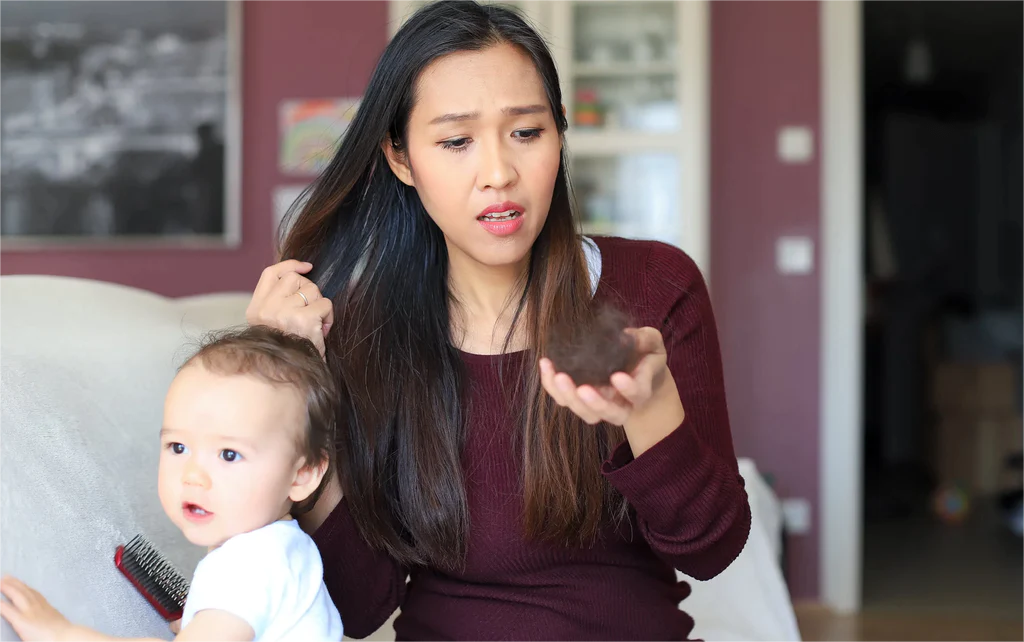
Postpartum hair loss, also known as postpartum shedding or telogen effluvium, refers to the excessive shedding of hair that occurs in many women after giving birth. It's a normal condition caused by hormonal changes. During pregnancy, hair growth is prolonged, resulting in thicker hair. After childbirth, hormone levels return to normal, triggering a resting phase and increased hair shedding. While it can be distressing, postpartum hair loss is a natural part of the post-birth period. Understanding the causes and knowing how to care for your hair during this phase can help minimize the impact and support healthy hair regrowth.
Related: Hair Loss In Women: What Causes It And How To Solve It
Chemotherapy-Induced Hair Loss: Why Does It Occurs And How To Manage
What is the typical timeline for postpartum hair loss?
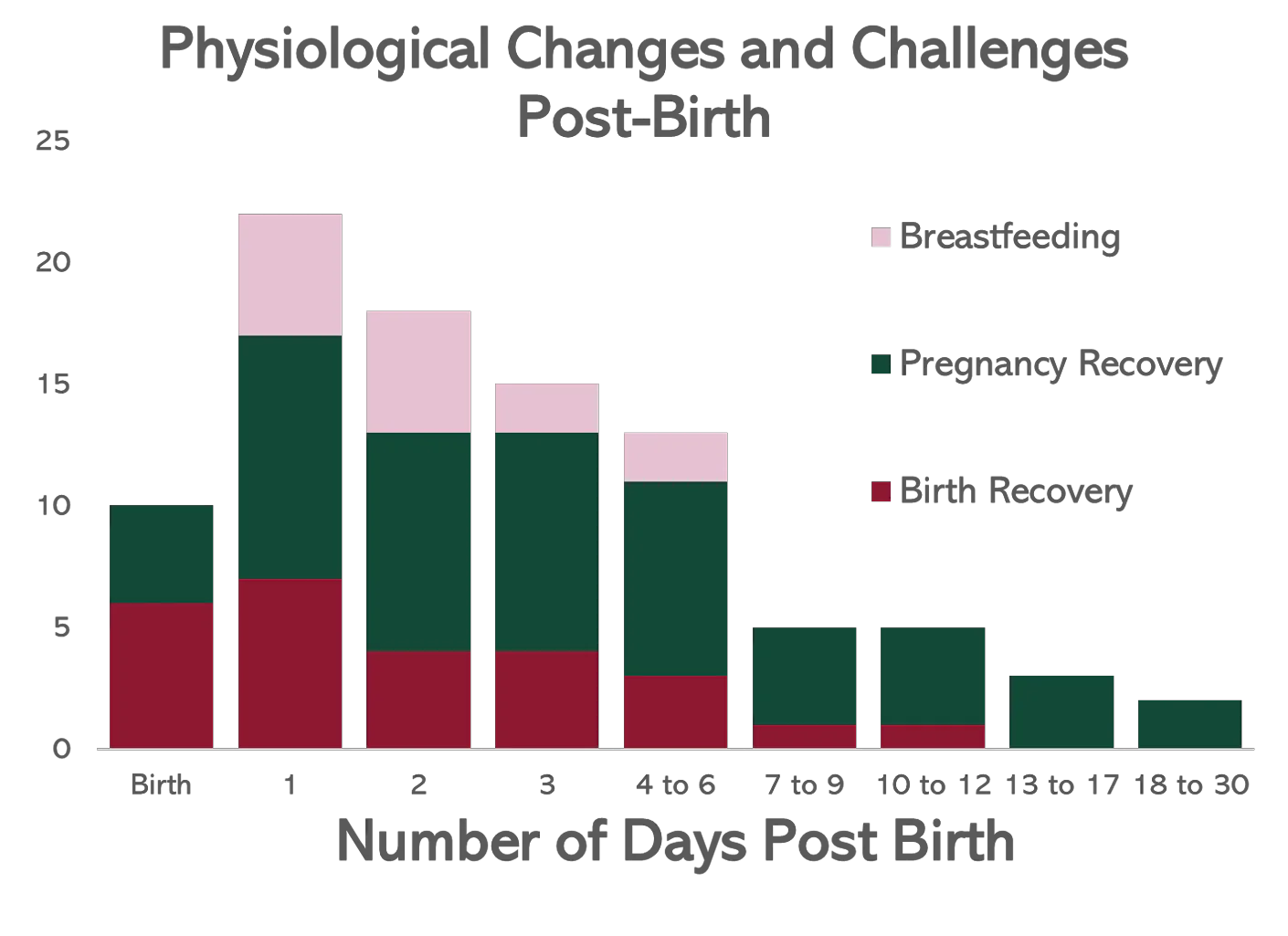
The typical timeline for postpartum hair loss varies from woman to woman, but it generally starts around 3 to 6months after giving birth. This timeframe aligns with the natural hair growth cycle. The duration of postpartum hair loss can also vary, but it typically lasts for several months. Some women may notice increased shedding for up to a year after giving birth. It's important to note that while postpartum hair loss can be significant, it is usually temporary. As the hair growth cycle returns to its normal pattern, new hair will begin to grow, and most women will regain their pre-pregnancy hair volume within the following months.
Why do you lose your hair after giving birth?
The causes of postpartum hair loss are varied and differ from person to person. Here, we have listed some of the more comprehensive ones, so read on!
#1 Hormonal Changes
During pregnancy, hormonal levels, particularly estrogen, are elevated. This hormonal surge prolongs the growth phase of the hair cycle, resulting in reduced hair shedding and thicker hair. However, after childbirth, hormone levels rapidly decrease, leading to a shift in the hair cycle. This shift triggers the telogen (resting) phase, where hair shedding increases, causing postpartum hair loss.
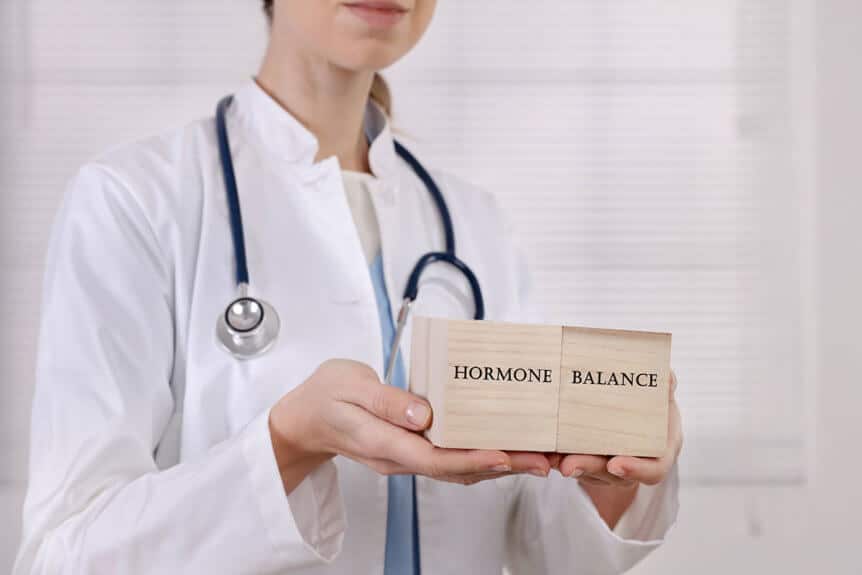
#2 Estrogen Withdrawal
The sudden withdrawal of high estrogen levels after giving birth can have an impact on hair growth. Estrogen plays a crucial role in maintaining the hair in the growing phase and delaying the shedding phase. When estrogen levels decrease, the hair follicles transition into the shedding phase, leading to postpartum hair loss.
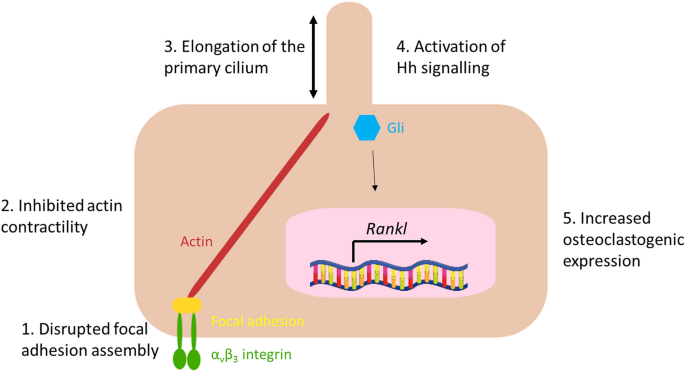
#3 Telogen Effluvium
Postpartum hair loss is often classified as telogen effluvium, which is a temporary disruption of the hair growth cycle. The body's response to the hormonal changes associated with pregnancy and childbirth can induce this condition. Telogen effluvium leads to a higher percentage of hair follicles entering the resting phase, resulting in increased hair shedding.
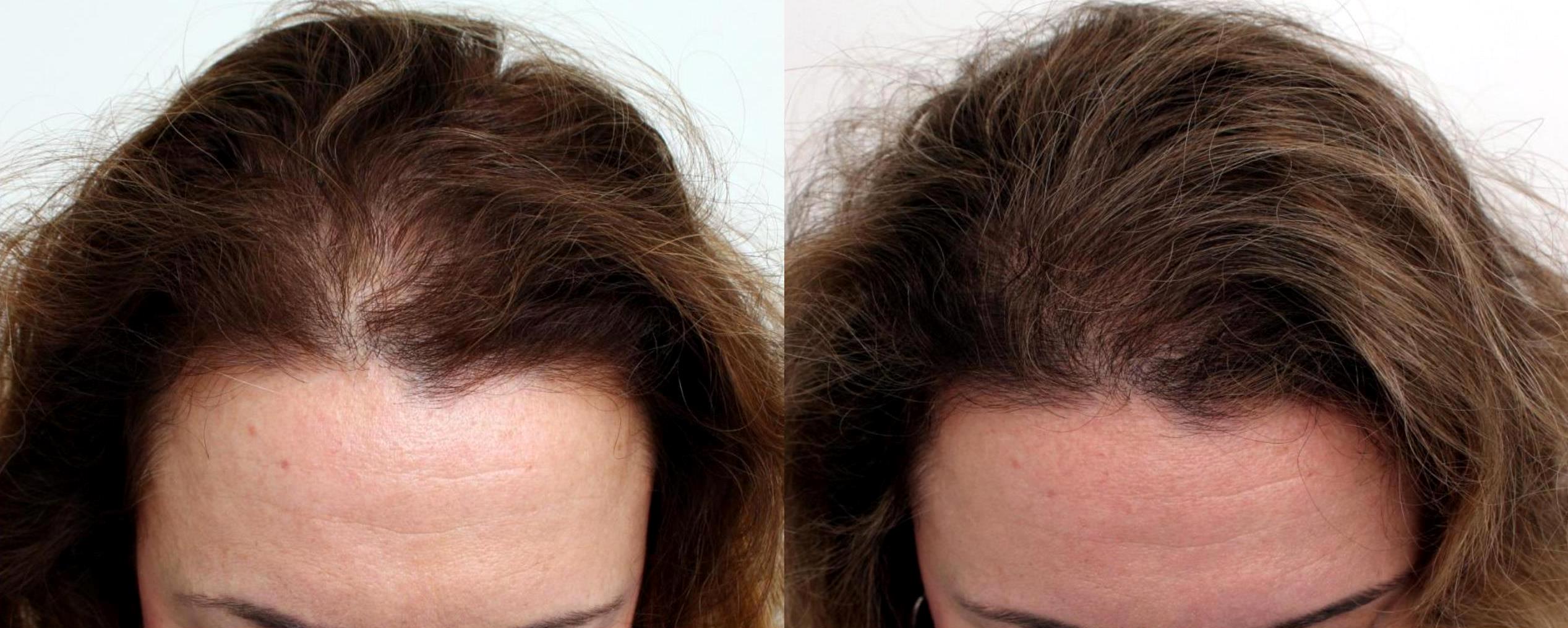
#4 Stress and Physical Trauma
Pregnancy, childbirth, and the demands of caring for a newborn can subject the body to significant stress and physical trauma. These factors can contribute to hair loss. Stress hormones and the physical strain experienced during this period can disrupt the hair growth cycle, leading to postpartum hair loss.
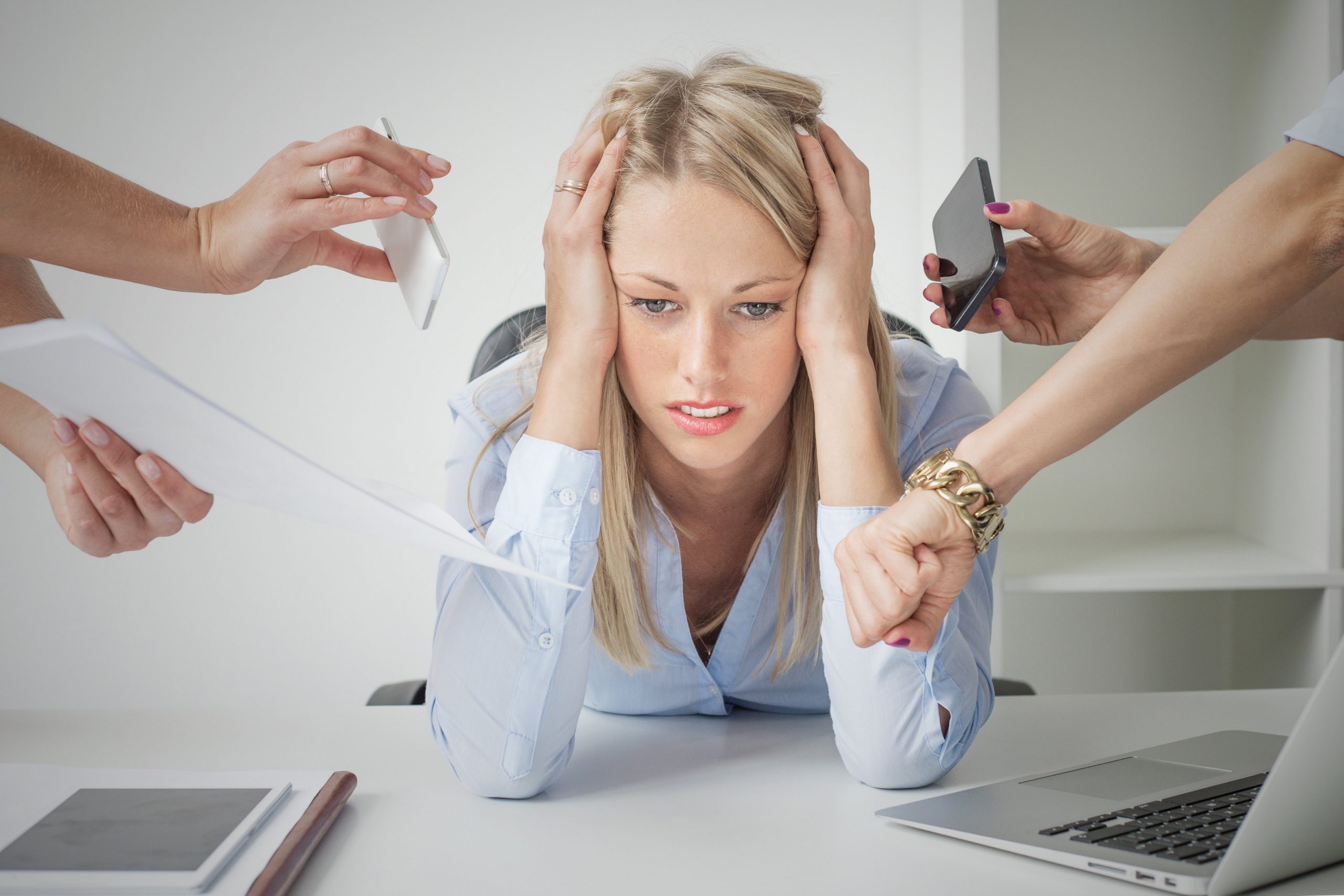
#5 Nutritional Deficiencies
Pregnancy and breastfeeding can deplete certain nutrients in the body, which may impact hair health. Inadequate intake of essential vitamins, minerals, and proteins necessary for hair growth and maintenance can contribute to postpartum hair loss. Ensuring a balanced diet and proper nutrition is important for supporting healthy hair regrowth.
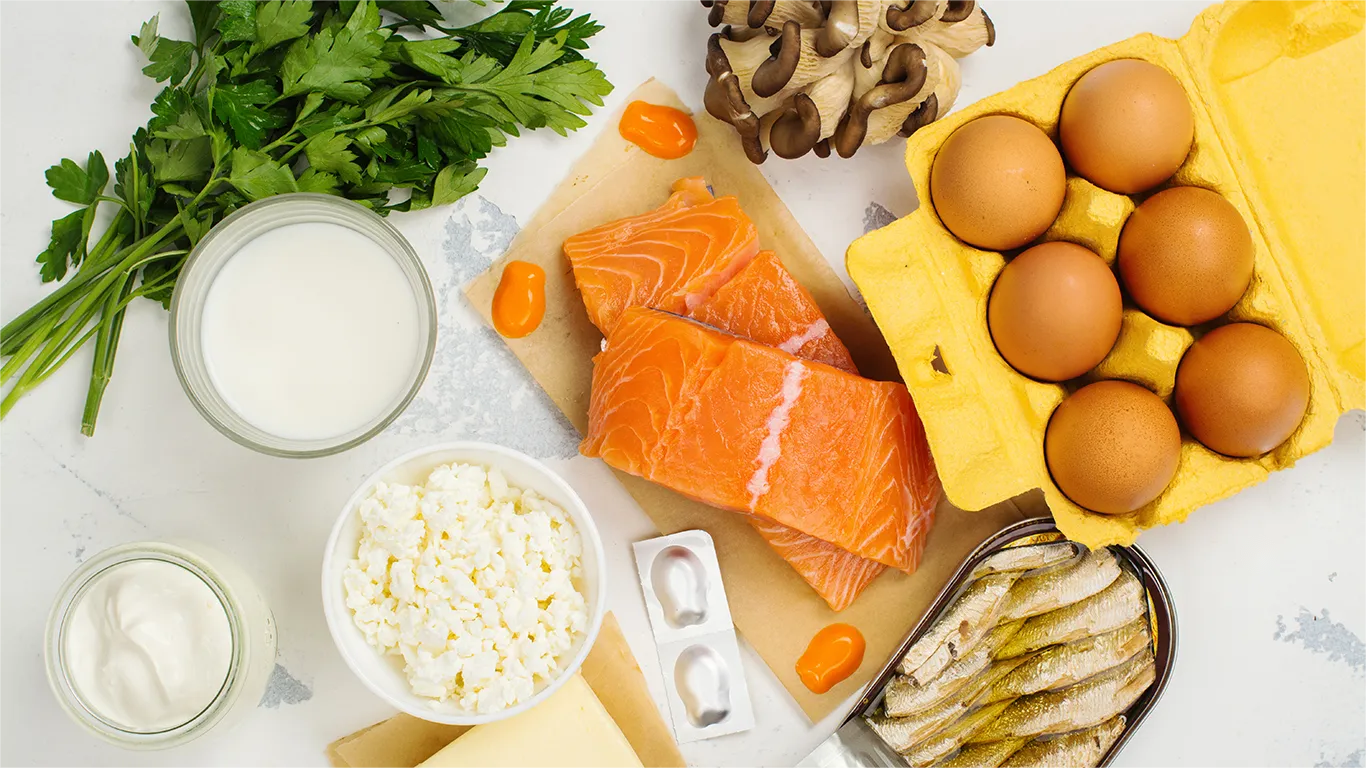
#6 Genetic Predisposition
Genetic factors can influence a woman's susceptibility to postpartum hair loss. If a woman has a family history of hair thinning or excessive shedding after childbirth, she may be more prone to experiencing postpartum hair loss herself. Genetic factors can influence hormone sensitivity and the hair follicle's response to hormonal changes, impacting hair growth and shedding patterns.
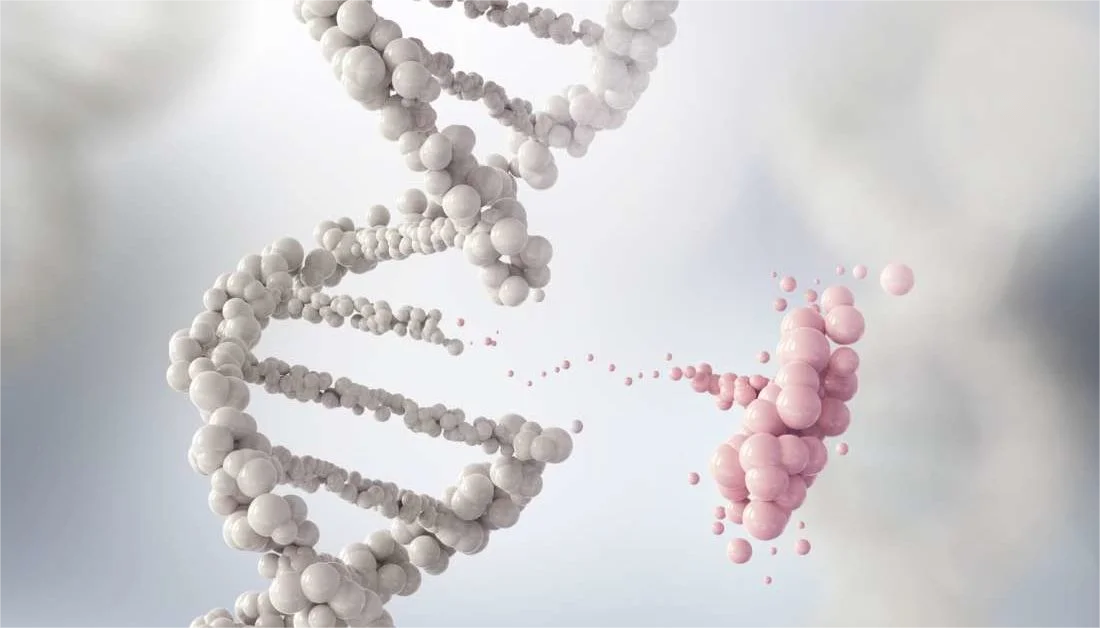
#7 Medical Factors
Certain medical conditions can contribute to hair loss during the postpartum period. One such condition is postpartum thyroiditis, which affects the thyroid gland and can lead to hormonal imbalances. Thyroid disorders can disrupt the hair growth cycle and result in hair loss. Other medical factors, such as nutrient deficiencies or anemia, can also impact hair health and contribute to postpartum hair loss.
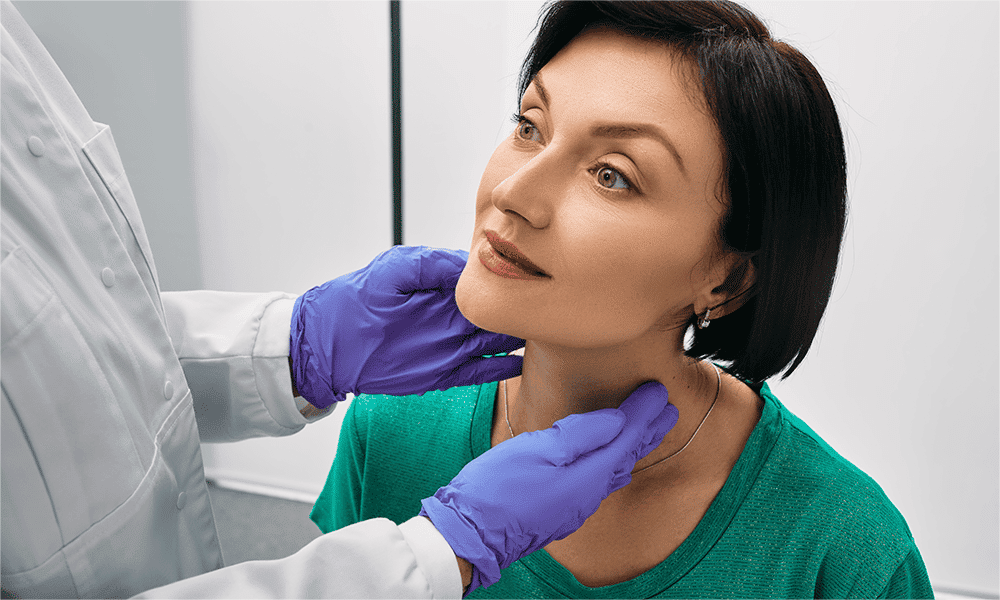
#8 Lifestyle Factors
Lifestyle choices and hair care practices can influence the health and resilience of the hair. Poor hair care habits, such as excessive heat styling (e.g., using hot irons or blow dryers), frequent use of harsh chemicals (e.g., dyes, relaxers), and tight hairstyles (like ponytails or braids) can cause stress and damage to the hair follicles. Over time, this can lead to hair thinning and increased shedding.
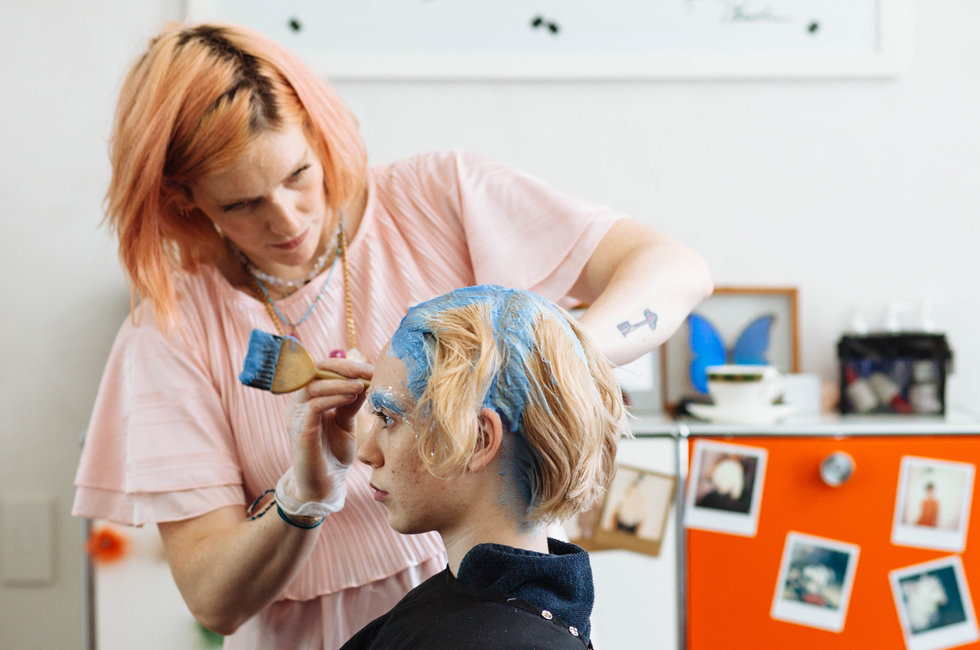
How should you tackle postpartum hair loss?
Managing postpartum hair loss can involve a combination of self-care practices and lifestyle adjustments. Here are some strategies to tackle postpartum hair loss.
Method #1 Nurture Your Hair from Within
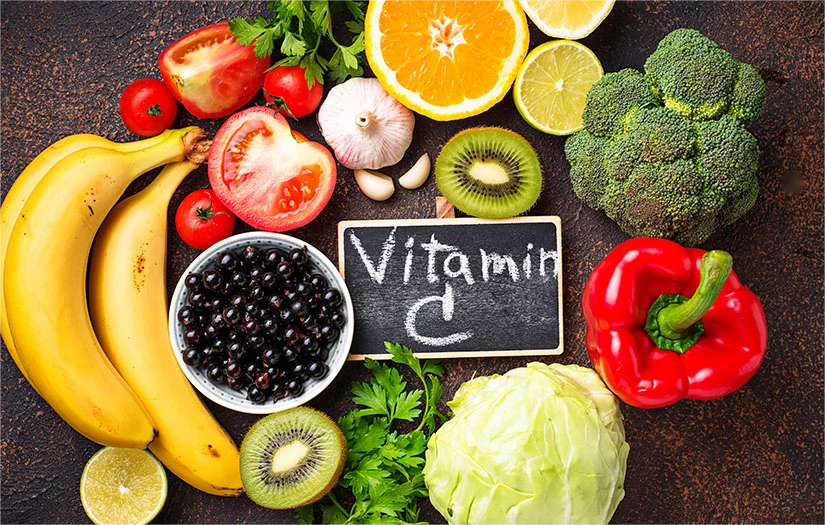
While it can be distressing, the good news is that nutrition plays a vital role in combating postpartum hair loss. Here are some key nutrients and dietary considerations that can help promote healthy hair growth:
- Protein. Hair Is Primarily Made Up Of Protein, So Consuming An Adequate Amount Is Crucial. Include Lean Sources Of Protein Such As Poultry, Fish, Eggs, Legumes, And Dairy Products In Your Diet.
- Iron. Iron Deficiency Is A Common Cause Of Hair Loss. Include Iron-Rich Foods Like Lean Red Meat, Spinach, Lentils, And Fortified Cereals To Ensure Sufficient Iron Intake. Pairing These Foods With Vitamin C-Rich Sources Like Citrus Fruits Or Bell Peppers Can Enhance Iron Absorption.
- Omega-3 Fatty Acids. These Healthy Fats Are Essential For Scalp Health And Hair Growth. Include Fatty Fish (Such As Salmon And Mackerel), Walnuts, Chia Seeds, And Flaxseeds In Your Diet To Boost Your Omega-3 Intake.
- Biotin. Biotin, Also Known As Vitamin B7, Is Important For Hair Health. Include Biotin-Rich Foods Like Eggs, Nuts, Seeds, Sweet Potatoes, And Avocados In Your Diet. However, It's Worth Noting That Biotin Supplementation Should Be Discussed With A Healthcare Professional.
- Vitamins A, C, And E. These Vitamins Have Antioxidant Properties That Support Hair Follicle Health. Include Foods Like Carrots, Sweet Potatoes, Citrus Fruits, Berries, Leafy Greens, Almonds, And Sunflower Seeds To Obtain These Vitamins.
- Zinc. Zinc Deficiency Has Been Linked To Hair Loss. Incorporate Zinc-Rich Foods Like Oysters, Beef, Pumpkin Seeds, And Legumes Into Your Diet.
- Stay Hydrated. Drinking An Adequate Amount Of Water Is Essential For Overall Health, Including Hair Health. Aim To Drink Enough Water Throughout The Day To Stay Hydrated.
Method #2 Hair Care Practices for Postpartum Hair Loss
While postpartum hair loss is a temporary condition that usually resolves on its own within a few months, there are certain hair care practices you can adopt to minimize the effects and promote healthy hair growth. Here are some tips:
► Choose mild hair products
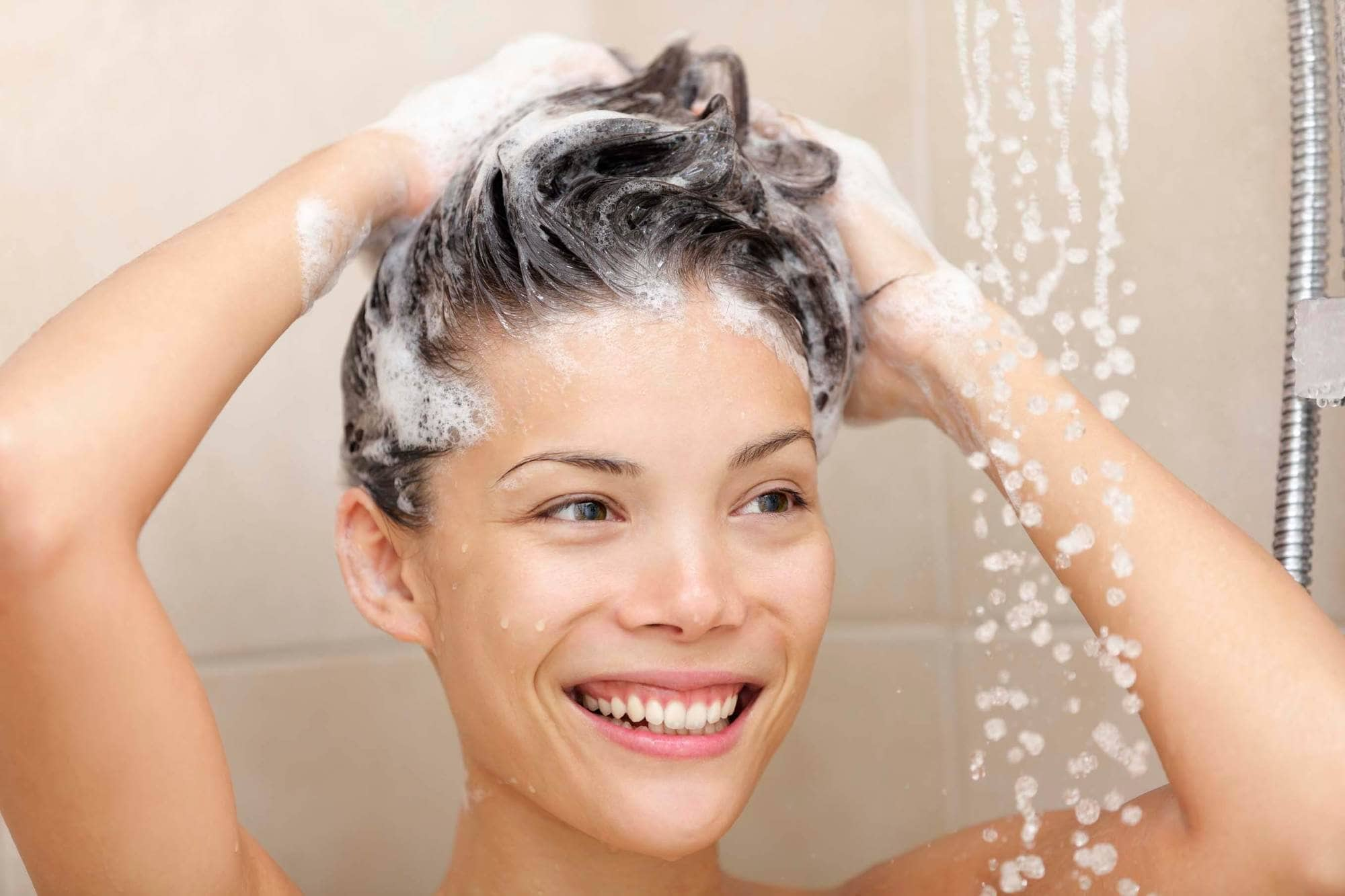
Choosing Mild Hair Products Is Important For Maintaining The Health And Appearance Of Your Hair. Opt For Gentle Shampoos And Conditioners That Are Free From Harsh Chemicals And Sulfates. Look For Products That Promote Hair Strength And Growth, Such As Those Containing Biotin Or Keratin. When Selecting Hair Care Products, It's Also Worth Considering Other Factors Such As Your Hair Type, Any Specific Hair Concerns You May Have, And Personal Preferences.
► Handle your hair gently
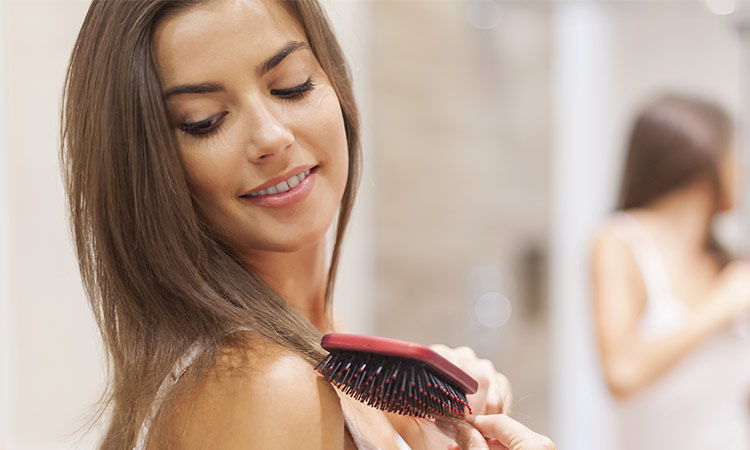
► Avoid excessive heat styling and harsh chemicals
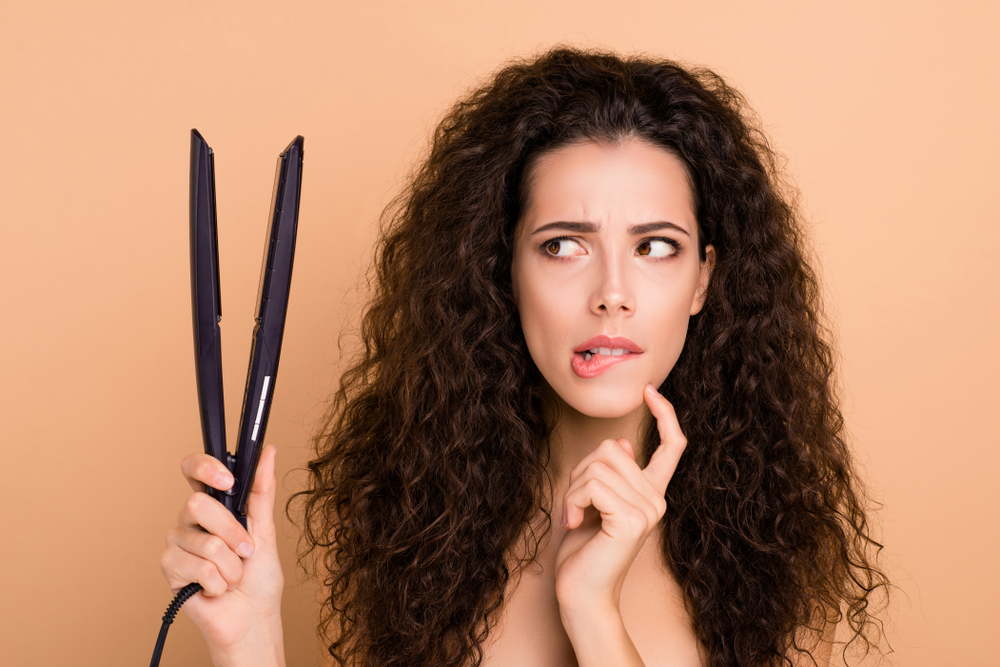
- Minimize Heat Styling. Heat Styling Tools Such As Flat Irons, Curling Irons, And Blow Dryers Can Cause Damage To Your Hair Over Time. Try To Limit Their Use And Opt For Heat-Free Styling Methods Whenever Possible.
- Use Heat Protectant. If You Must Use Heat Styling Tools, Apply A Heat Protectant Spray Or Serum To Your Hair Beforehand. This Helps To Create A Barrier Between Your Hair And The Heat, Reducing Potential Damage.
- Read Product Labels. Before Purchasing Hair Care Products, Read The Labels Carefully. Avoid Products That Contain Sulfates, Parabens, And Other Potentially Harmful Ingredients. Opt For Natural And Organic Options When Available.
- Protect Your Hair From The Sun. Excessive Sun Exposure Can Also Damage Your Hair. When Spending Time Outdoors, Consider Wearing A Hat Or Using A Protective Hair Product That Contains SPF To Shield Your Hair From Harmful UV Rays.
Method #3 Scalp Care for Optimal Hair Growth
A healthy scalp is important because it promotes hair growth, prevents hair loss, controls dandruff and itching, improves hair appearance, and enhances overall comfort. Here are some tips to maintain a healthy scalp.
► Perform a scalp massage
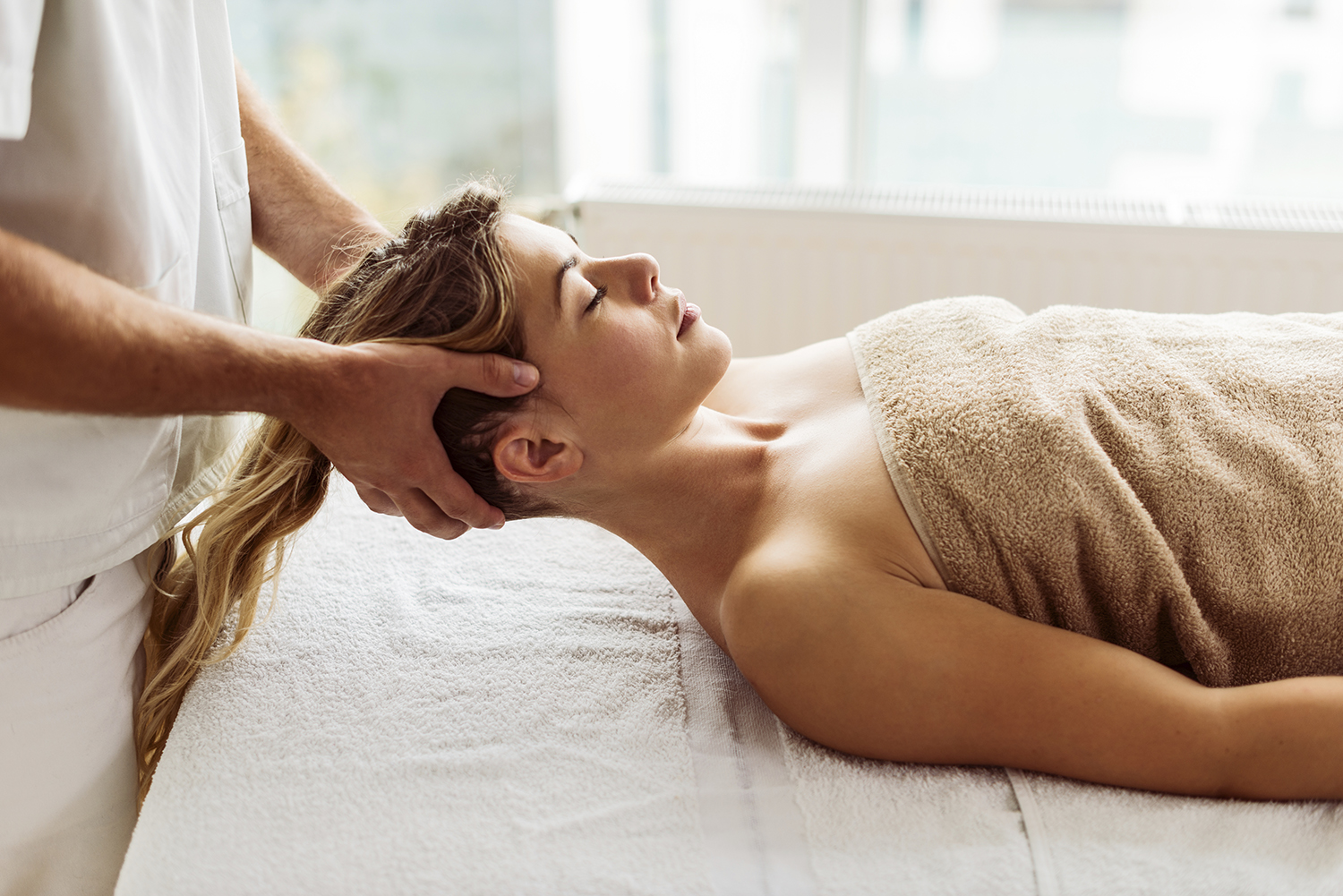
- Find A Comfortable Position. Sit In A Comfortable Chair Or Find A Cozy Spot Where You Can Relax And Focus On The Massage.
- Warm Up Your Hands. Rub Your Hands Together Or Soak Them In Warm Water For A Few Minutes To Warm Them Up. This Will Help Create A Soothing Sensation During The Massage.
- Apply Oil. You Can Use A Natural Oil Like Coconut Oil, Almond Oil, Or Jojoba Oil To Enhance The Massage Experience. Apply A Small Amount Of Oil To Your Fingertips And Distribute It Evenly Across Your Palms.
- Start At The Base Of The Neck. Begin By Gently Massaging The Base Of Your Neck With Your Fingertips Using Circular Motions. Gradually Work Your Way Up Towards The Scalp.
- Move To The Scalp. Once You Reach The Scalp, Use Your Fingertips To Apply Gentle Pressure And Make Small Circular Motions. Start From The Front Hairline And Move Towards The Back Of The Head. Cover The Entire Scalp, Paying Attention To Areas Where You May Be Experiencing More Hair Loss.
- Vary The Pressure. Experiment With Different Levels Of Pressure To Find What Feels Most Comfortable For You. Some Areas Of The Scalp May Be More Sensitive Than Others, So Adjust The Pressure Accordingly.
- Focus On Problem Areas. If You Notice Specific Areas Of Thinning Or Hair Loss, Spend A Little Extra Time Massaging Those Areas. Be Gentle And Avoid Pulling Or Tugging On The Hair.
- Massage For 5-10 Minutes. Aim To Massage Your Scalp For About 5-10 Minutes To Allow Enough Time For Relaxation And Stimulation Of The Scalp.
- Take Deep Breaths. As You Massage Your Scalp, Take Slow, Deep Breaths To Further Promote Relaxation And Stress Relief.
- Repeat Regularly. For Best Results, Try To Incorporate Scalp Massages Into Your Routine On A Regular Basis. You Can Perform Them A Few Times A Week Or Even Daily If You Find It Beneficial.
► Natural remedies for scalp rejuvenation
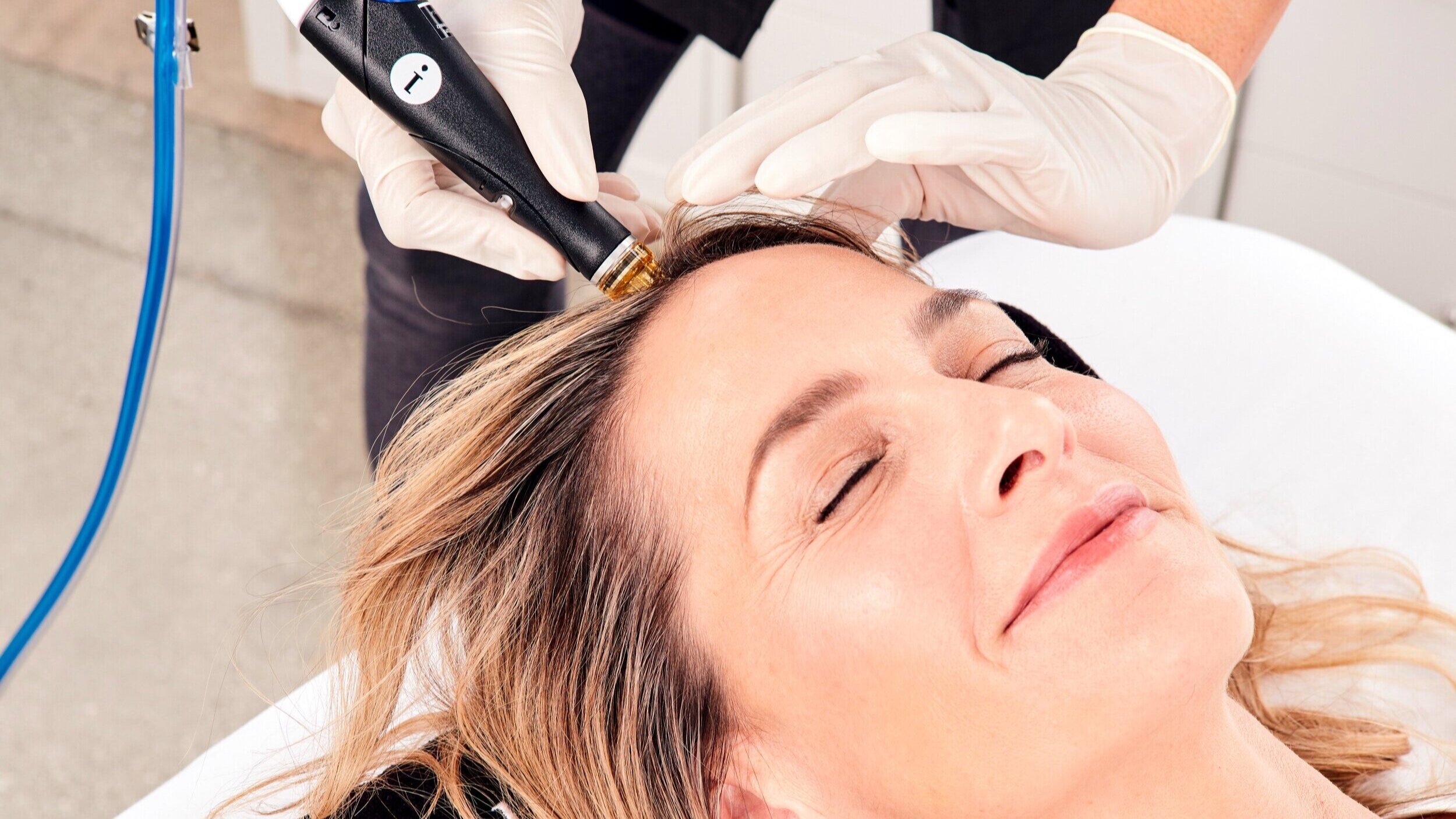
- Essential Oils. Use Diluted Essential Oils Like Rosemary, Lavender, Or Peppermint To Nourish The Scalp And Stimulate Hair Growth.
- Aloe Vera. Apply Fresh Aloe Vera Gel Directly To The Scalp To Soothe And Moisturize It.
- Apple Cider Vinegar. Rinse Your Scalp With A Mixture Of Apple Cider Vinegar And Water To Balance PH Levels And Remove Product Buildup.
- Onion Juice. Apply Onion Juice To The Scalp To Improve Blood Circulation And Promote Hair Growth.
- Healthy Diet. Eat A Balanced Diet With Fruits, Vegetables, Lean Proteins, Nuts, And Seeds To Provide Essential Nutrients For Scalp And Hair Health.
Method #4 Seek Professional Help
If you're experiencing severe or prolonged postpartum hair loss, it's a good idea to seek professional help. While postpartum shedding is a normal occurrence, in some cases, it may be accompanied by underlying issues that require medical attention. Here are some suggestions to take:
► Consult a dermatologist or trichologist
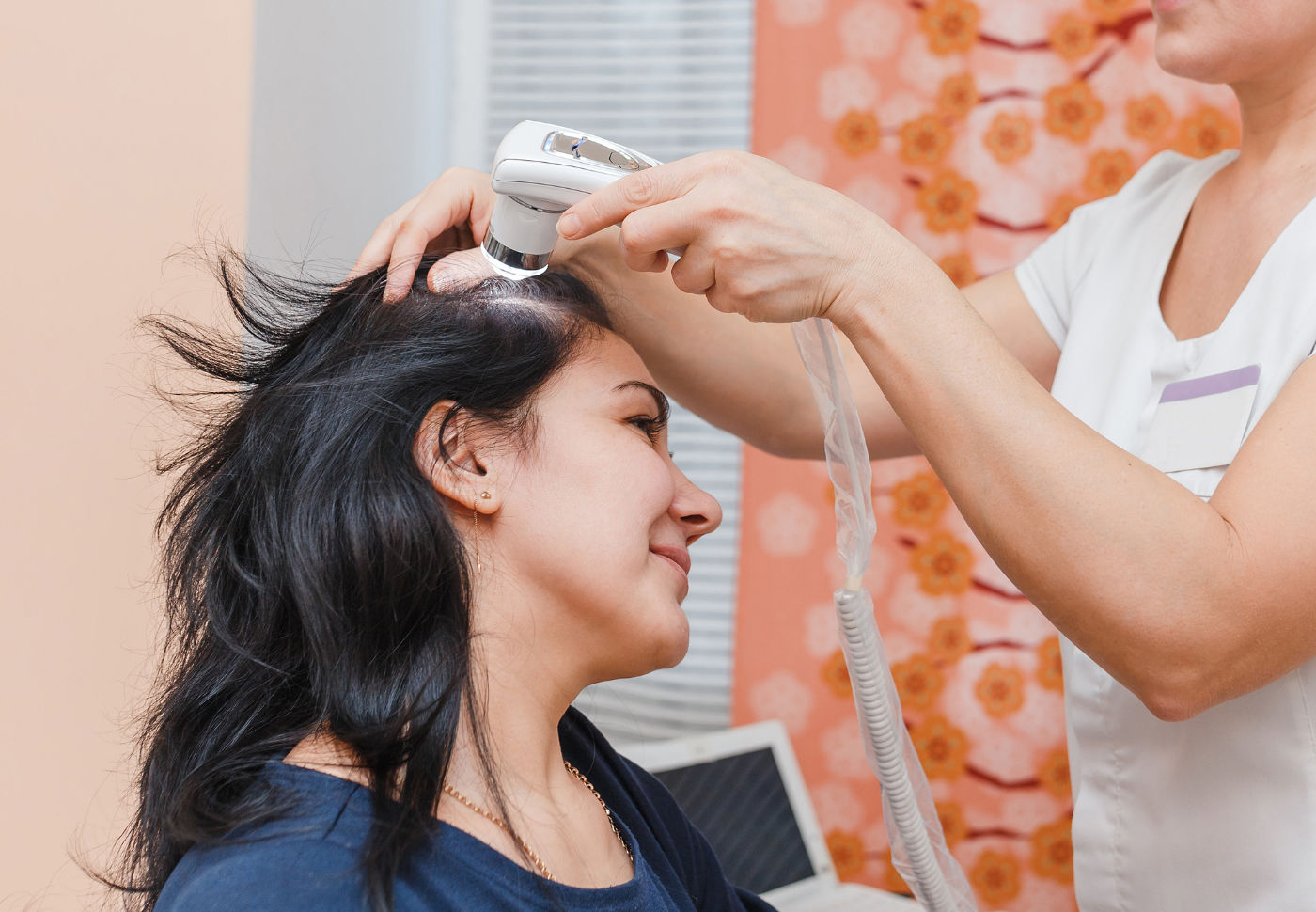
- If You're Experiencing A Lot Of Hair Loss After Giving Birth, It's A Good Idea To See A Dermatologist Or Trichologist. They Specialize In Hair And Scalp Issues And Can Help Figure Out Why You're Losing Hair And Suggest Treatments Or Lifestyle Changes To Help It Grow Back. They'll Examine Your Scalp, Ask About Your Medical History, And May Do Tests To Find The Cause Of Your Hair Loss. Seeing These Specialists Can Give You Expert Advice And Personalized Recommendations For Dealing With Postpartum Hair Loss.
► Medical treatments and therapies
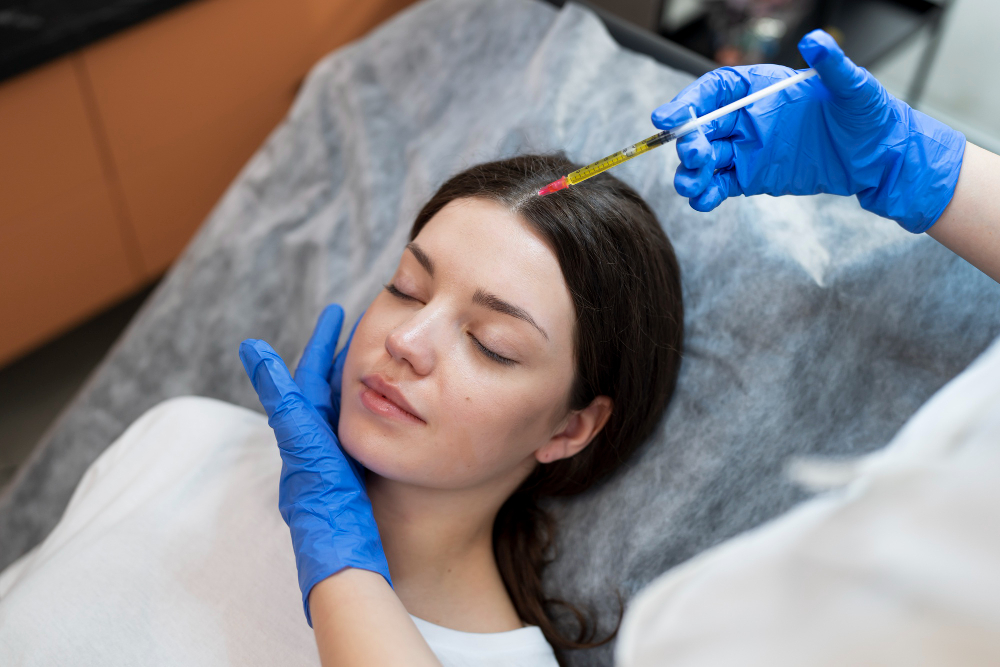
- Minoxidil. An Over-The-Counter Medication Applied To The Scalp To Stimulate Hair Growth.
- Hormone Therapy. Medications To Balance Hormones And Promote Hair Regrowth.
- Platelet-Rich Plasma (PRP) Therapy. Injecting Your Own Blood's Growth Factors Into The Scalp To Stimulate Hair Follicles.
- Nutritional Supplements. Taking Supplements Like Biotin, Iron, Zinc, And Vitamin D To Support Healthy Hair Growth.
- Good Hair Care Practices. Avoiding Heat Styling, Tight Hairstyles, And Harsh Chemicals, And Using Gentle Products.
Method #5 Self-Care and Emotional Support
Postpartum hair loss can be emotionally challenging for many women. It's essential to practice self-care and seek emotional support during this period to cope with the changes and reduce stress. Here are some self-care and emotional support tips for dealing with postpartum hair loss:
► Cope with the emotional impact

- Understand That Postpartum Hair Loss Is Normal And Temporary.
- Talk To Your Partner, Friends, Or Family About How You're Feeling.
- Connect With Other Moms Who Have Experienced Postpartum Hair Loss For Support.
- Take Care Of Yourself By Eating Well, Exercising, And Getting Enough Rest.
- Try Different Hairstyles To Make Your Hair Loss Less Noticeable.
- Be Gentle With Your Hair And Avoid Harsh Treatments Or Styles.
- Consider Seeking Professional Help If You're Struggling Emotionally.
► Self-care practices to reduce stress and promote hair health
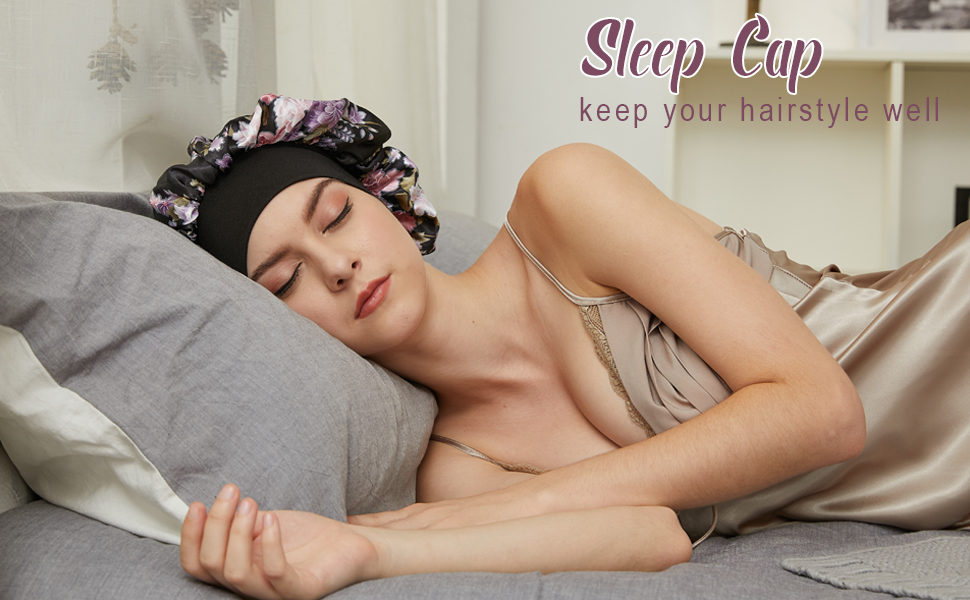
- Get Enough Sleep. Adequate Sleep Is Crucial For Overall Well-Being, Including Hair Health. Aim For 7-8 Hours Of Quality Sleep Each Night To Support Your Body's Natural Healing Processes.
- Deep Conditioning Treatments. Treat Your Hair To Deep Conditioning Treatments Once A Week. These Treatments Can Help Nourish And Moisturize Your Hair.
- Protect Your Hair At Night. Use A Satin Or Silk Sleep Cap To Wrap Your Hair Before Going To Bed. This Helps Minimize Friction And Prevents Hair Breakage While You Sleep.
- Be Patient: Be Patient With The Process And Focus On Taking Care Of Your Overall Well-Being.
► Build a support network of fellow moms

- Join Online Communities. Look For Online Forums, Facebook Groups, Or Other Social Media Platforms Dedicated To New Moms Or Postpartum Issues. These Communities Often Provide A Safe Space For Sharing Experiences, Asking Questions, And Seeking Support From Others Who Have Gone Through Or Are Going Through Similar Challenges.
- Attend Local Support Groups. Check If There Are Any Local Support Groups Or Meetups Specifically For New Moms In Your Area. These Groups Can Provide An Opportunity To Connect With Other Moms Face-To-Face, Share Stories, And Offer Each Other Emotional Support.
Method #6 Embrace Your Beautiful Self
Embracing your beautiful self during postpartum hair loss is a powerful and essential step in maintaining a positive self-image and emotional well-being. Remember that your worth and beauty are not defined by your hair, and the journey of motherhood is filled with incredible moments that far outweigh any temporary physical changes. Here are some ways to embrace your beautiful self during postpartum hair loss:
► Celebrate the journey and embrace change
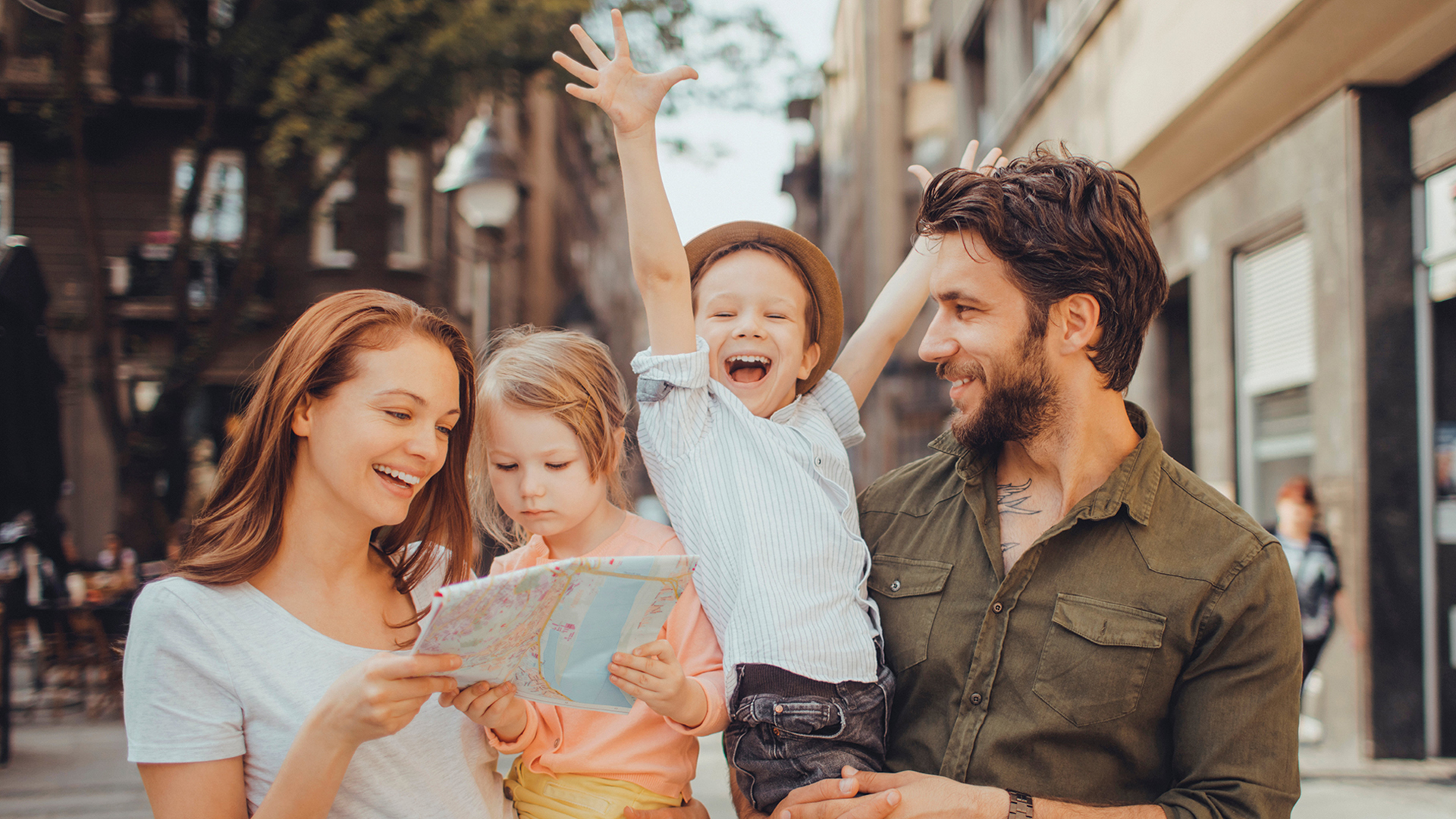
- Capture The Moments. Document Your Postpartum Journey Through Photographs Or A Journal. Celebrate The Precious Moments With Your Baby And Focus On The Joy And Love That Motherhood Brings. These Memories Will Be Cherished For Years To Come.
- Embrace Your New Look. Instead Of Focusing On What You've Lost, Try Embracing Your New Hairstyle. Experiment With Different Haircuts, Styles, And Accessories That Make You Feel Confident And Beautiful. Remember That Your Worth Is Not Defined By Your Hair.
- Focus On Overall Wellness. Prioritize Your Overall Well-Being, Including Your Physical And Mental Health. Engage In Regular Exercise, Practice Stress Management Techniques, And Maintain A Healthy Lifestyle. These Factors Can Contribute To Healthier Hair Growth Over Time.
► Emphasize the importance of self-love and self-confidence
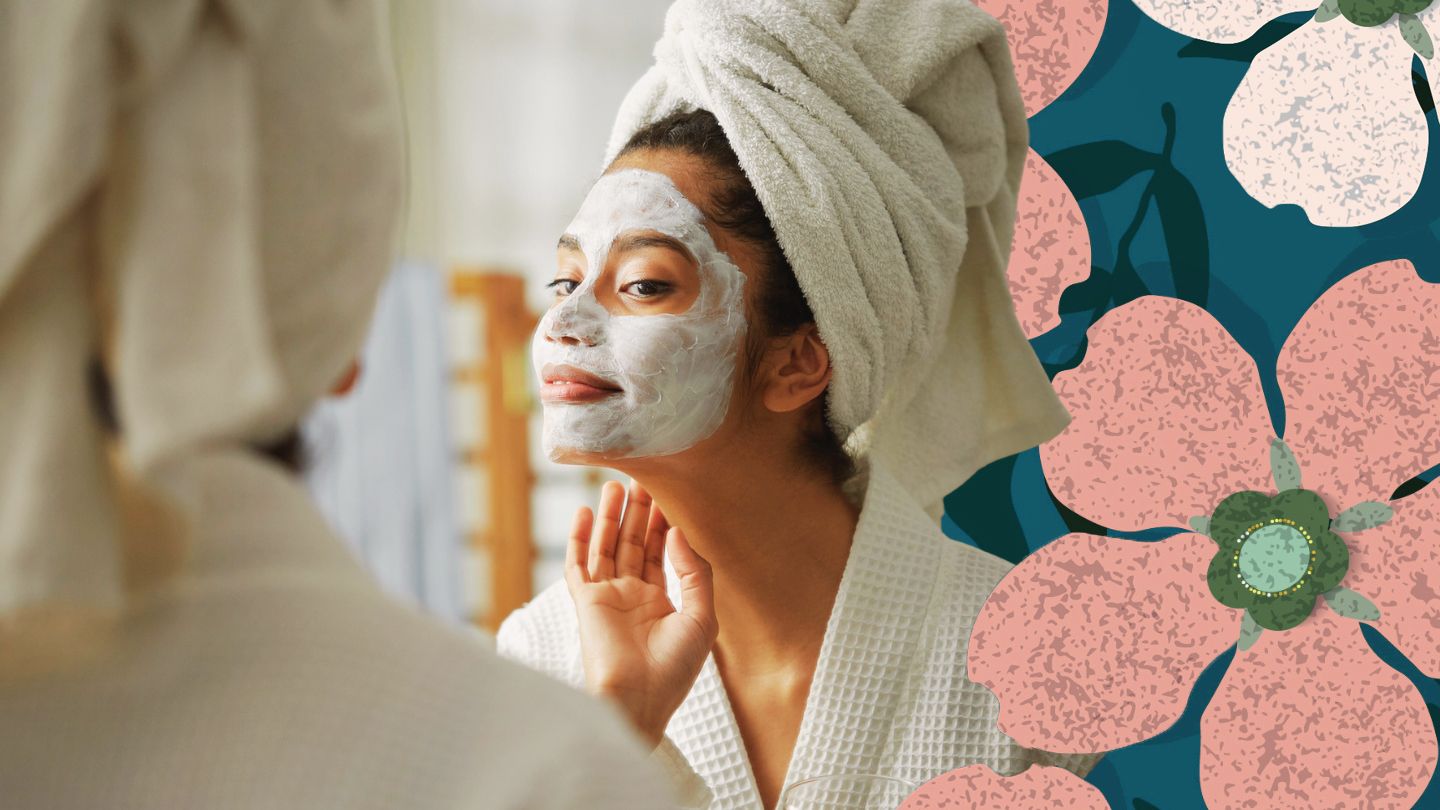
- Nurturing Self-Confidence Is Equally Important. Recognize That Your Hair Does Not Define Your Identity Or Value As A Mother. Embrace Your Unique Qualities And Celebrate The Strength And Resilience That Brought You Through Pregnancy And Childbirth.
- Affirmation. Practice Daily Positive Affirmations To Reinforce Self-Love And Acceptance. Remind Yourself Of Your Strengths, Accomplishments, And The Beauty That Goes Beyond Physical Appearance.
- Celebrate Your Resilience. Recognize And Celebrate Your Body's Ability To Carry And Give Birth To A New Life. Your Body Has Undergone Remarkable Changes To Bring Your Child Into The World, And That Is Something To Be Proud Of.
- Engaging In Self-Care Practices Can Also Boost Self-Confidence. Take Time For Yourself, Even If It's Just A Few Minutes Each Day, To Engage In Activities That Make You Feel Good. This Could Include Exercise, Meditation, Reading, Or Pursuing Hobbies You Enjoy. Prioritizing Self-Care Demonstrates Self-Love And Helps Maintain A Positive Mindset During The Postpartum Period.
- Seeking Professional Advice. A Healthcare Provider Or Dermatologist Can Provide Reassurance And Guidance. They Can Help Determine If There Are Any Underlying Factors Contributing To Your Hair Loss And Suggest Appropriate Treatments Or Lifestyle Adjustments.
Final Thoughts
In conclusion, dear new moms and fellow hair warriors, remember this: postpartum hair loss may be a temporary setback, but your beauty is forever! Embrace the shedding strands with a laugh and follow these survival tips to regain your luscious mane in no time.
So, dear readers, embrace the postpartum hair loss journey with a good dose of confidence. Remember, laughter is the best hair tonic! Before you know it, you'll be flaunting your luscious mane once again, leaving everyone wondering how you managed to bounce back from the hairy chaos of new motherhood.






















